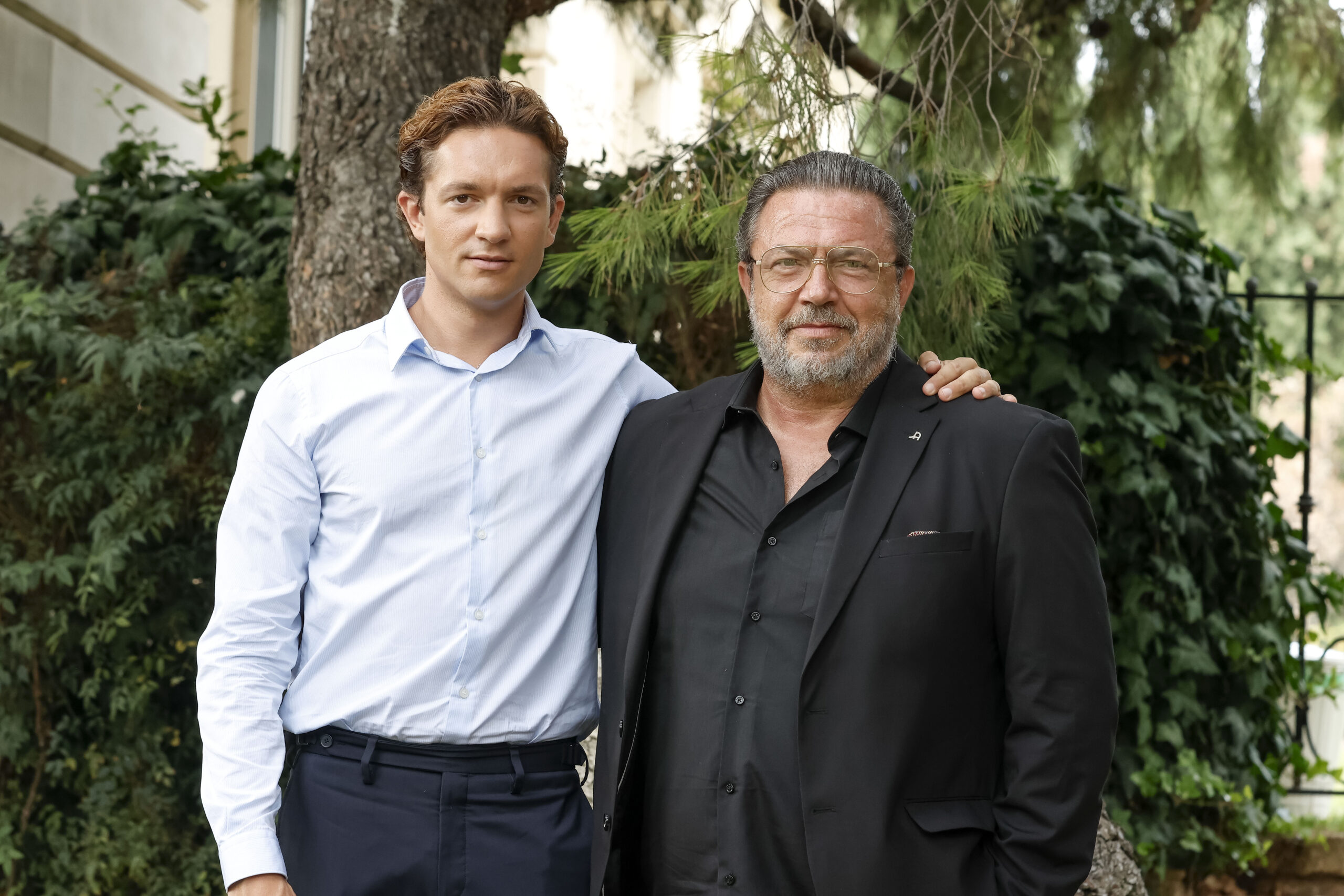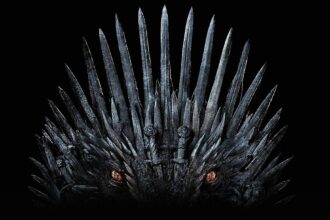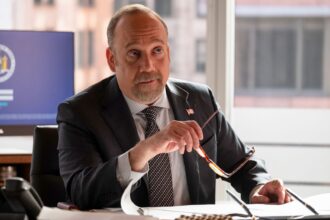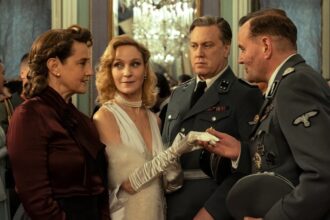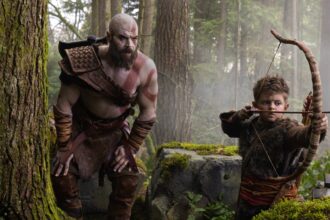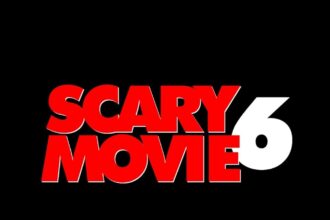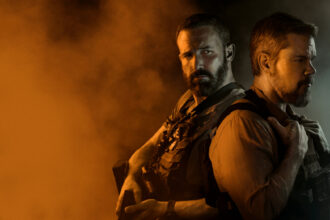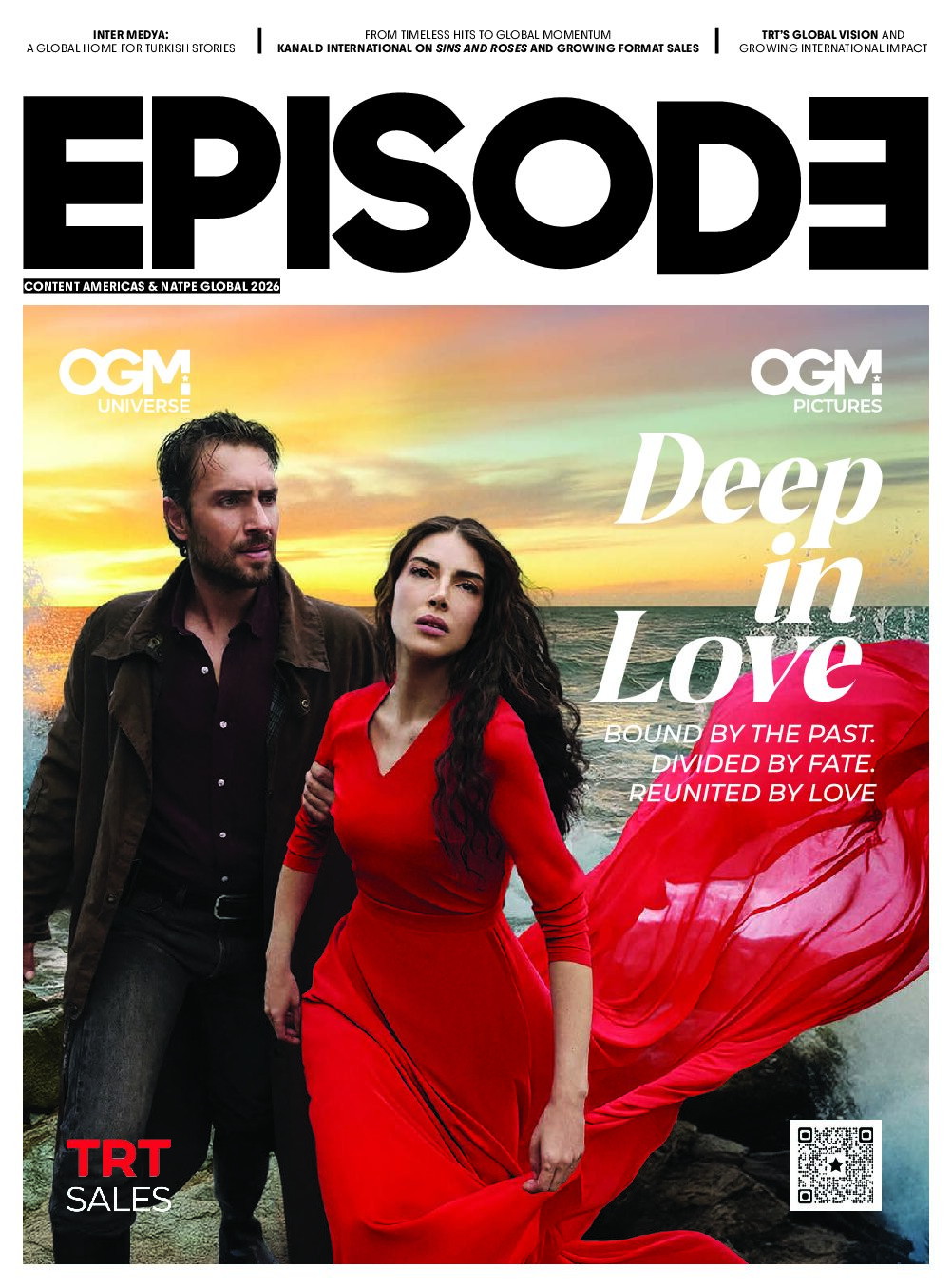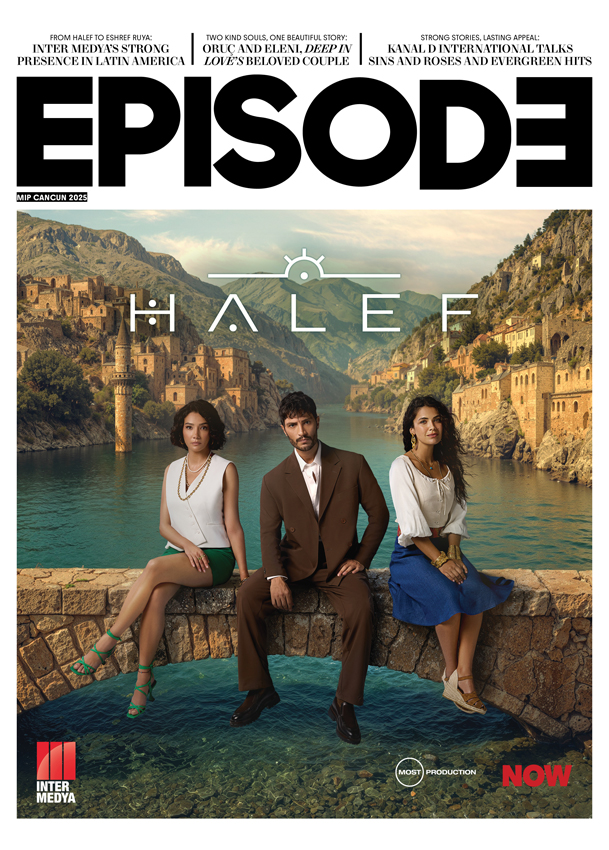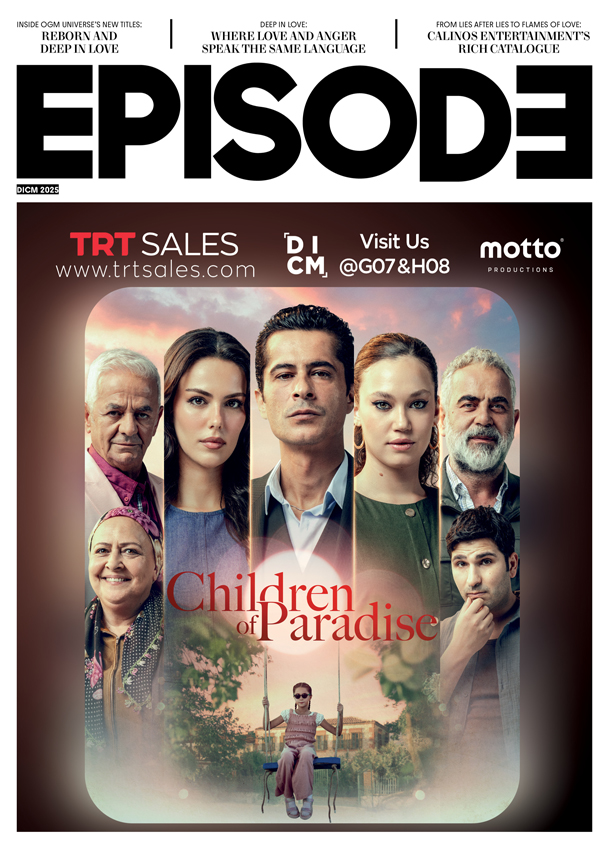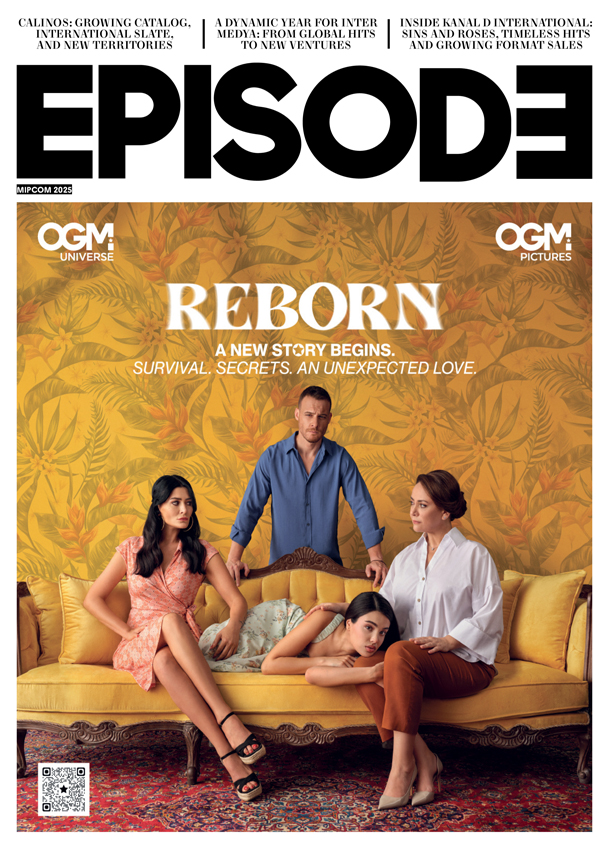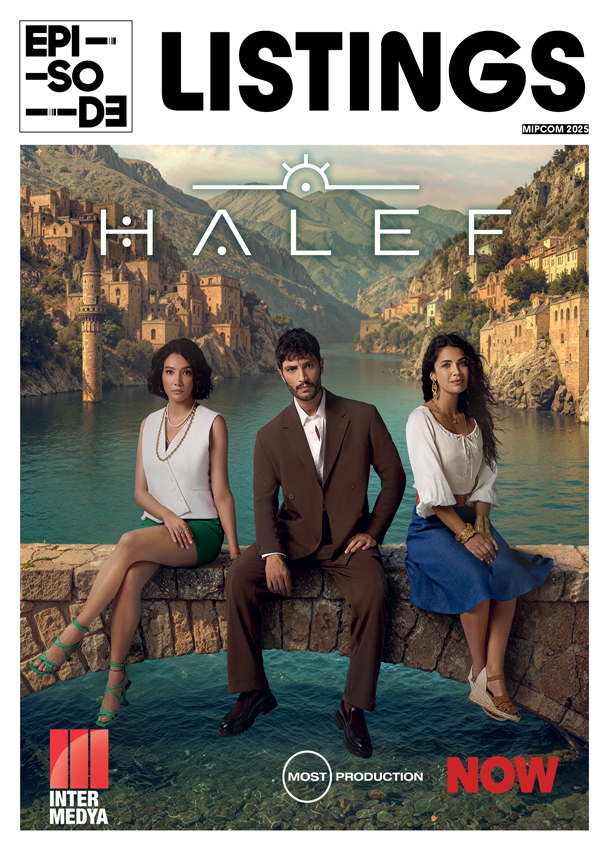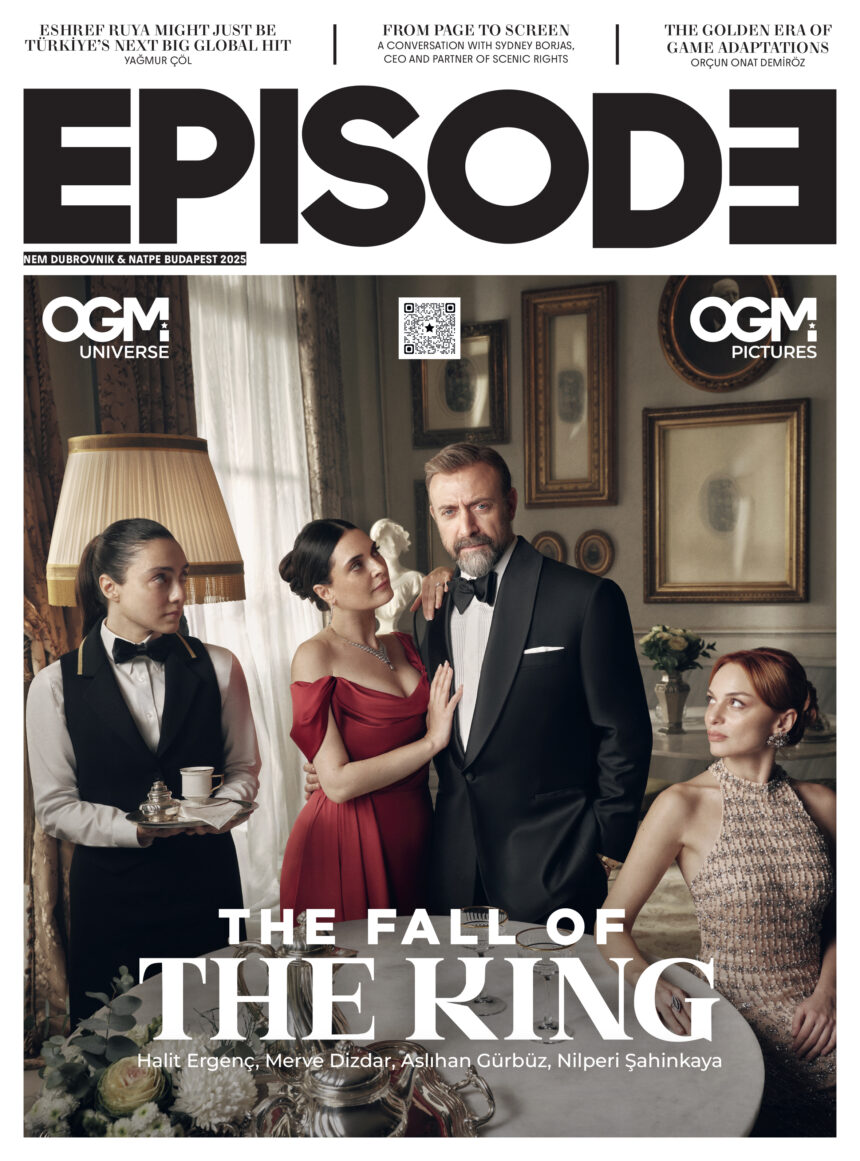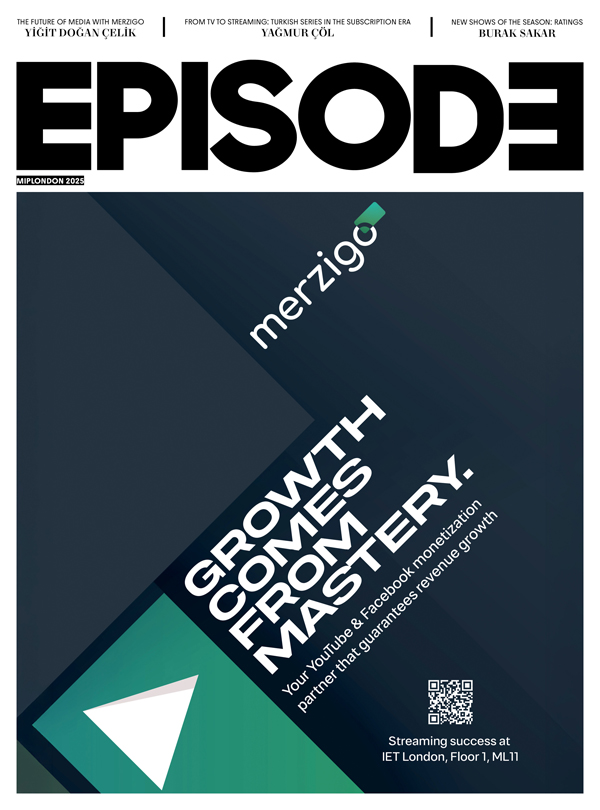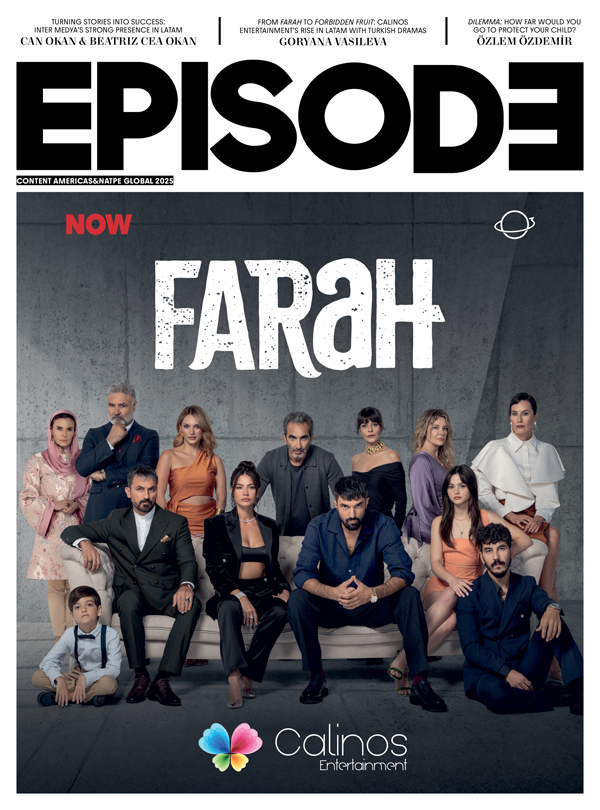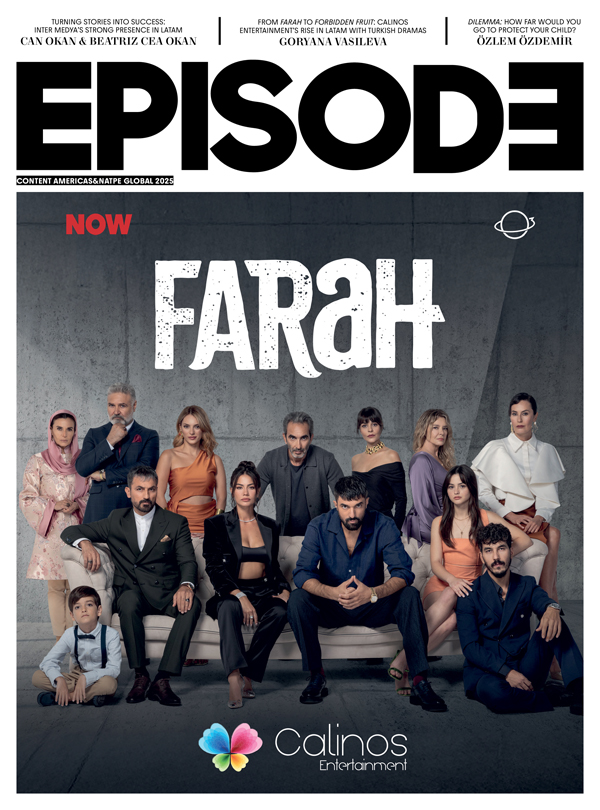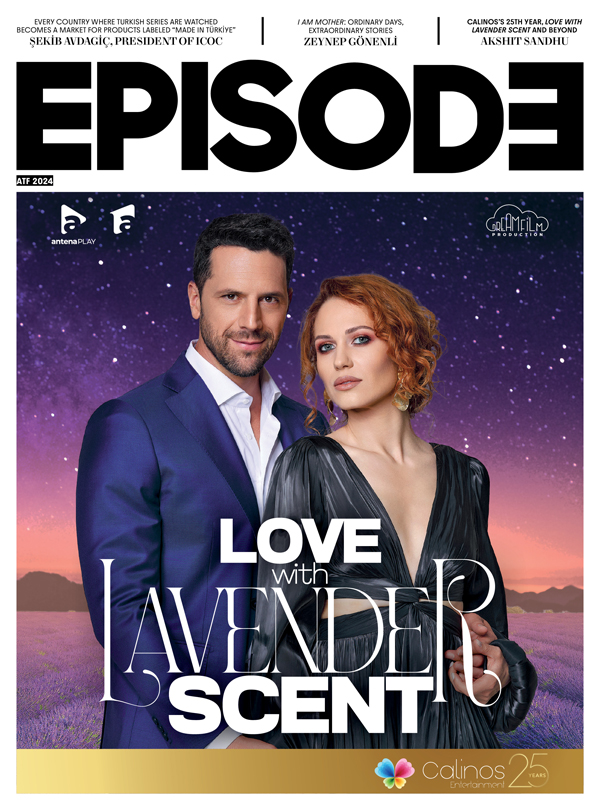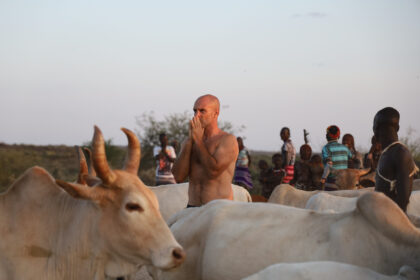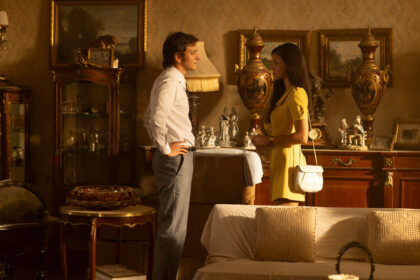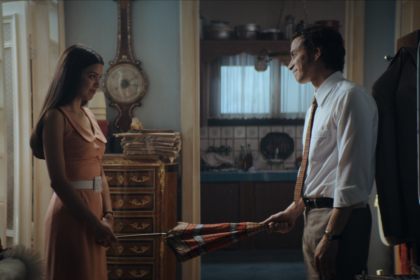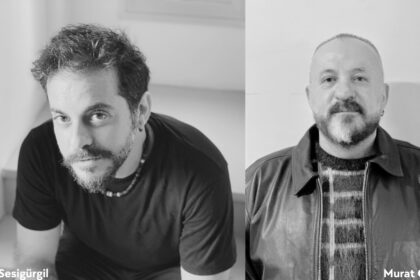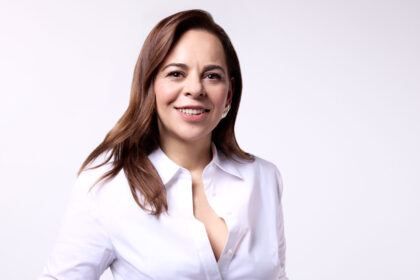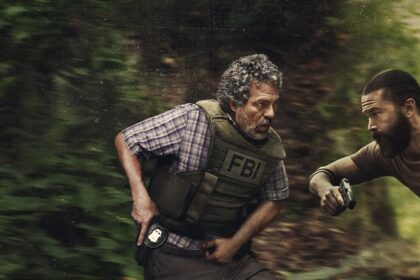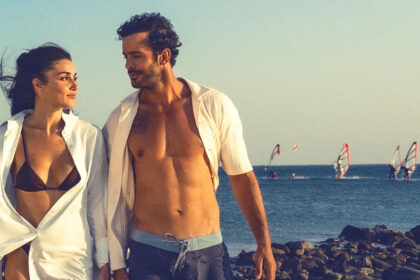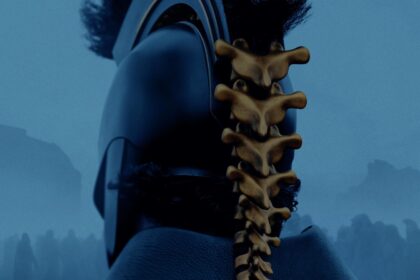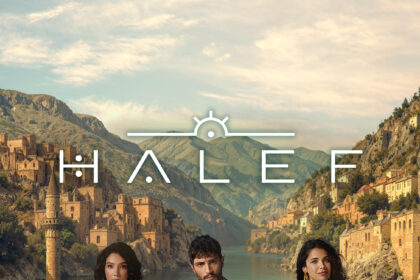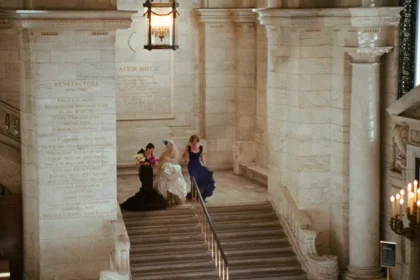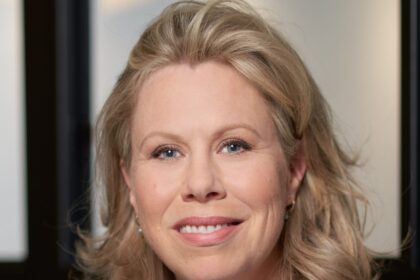Our journey on the set of Na M’Agapas (Love Me) began with two of the story’s darkest yet most intriguing male characters. Trapped between the ruthless rules of the business world, the heavy weight of family ties, and their own personal interests, Theofilos (Samet) and Orfeas (Cihan) embody complex moral struggles. We spoke with the talented actors Stathis Stamoulakatos and Mihail Tampakakis about the psychological depth of their roles, the dilemmas their characters face, and the personal journeys they’ve undertaken to portray them.
Read our exclusive interviews with the cast and director of Love Me here.
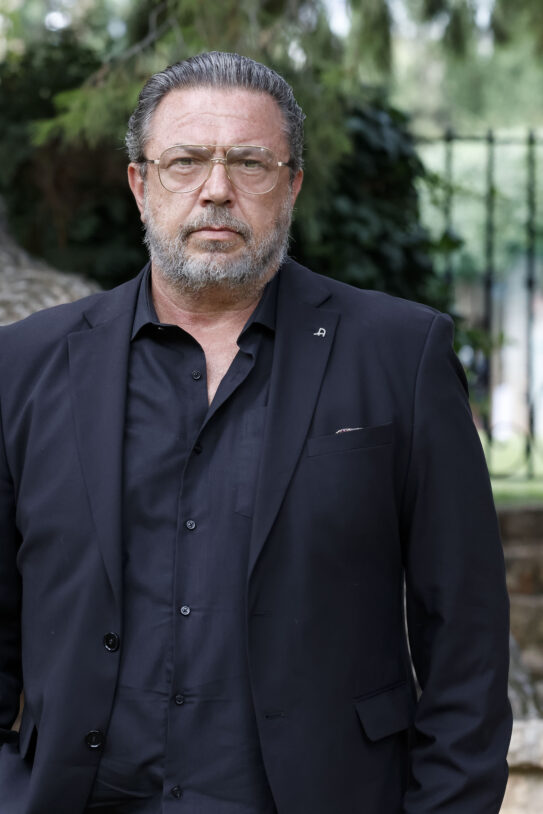
Your character, Theofilos, is at a breaking point, with a debt of €1.5 million. Should audiences see him as a ruthless character, or as someone simply trapped by his circumstances?
Stathis Stamoulakatos: Theofilos is not really a bad man, but the circumstances force him into making hard choices. I try to understand him not as a person but as a businessman. Because as a person, I would never do the things he does, but he does those things to protect his business and his family. I would prefer the audience not to judge him harshly, but to try to understand him. His situation is so difficult that he’s drowning. He is falling apart while trying to find a balance between his family and his business. For me as an actor, it’s about staying on that fine line; he’s not entirely good or entirely bad. He’s simply a wounded man, trying to survive.
Have you seen the original version of the series? If so, did it have any impact on how you prepared for the role?
Stathis Stamoulakatos: I watched a few episodes, but I didn’t want to see more because I didn’t want to be influenced by the performance. I wanted to create my own interpretation, my own version of Samet.
The story explores the idea of “family” from many different angles. Compared to a typical Greek family, how would you describe the family dynamics in this series?
Stathis Stamoulakatos: This is definitely not an ordinary family. Financially, they’re really well off. Their problems are not about “how will we pay the rent?”; they’re dealing with millions of euros in debt. But at its core, it’s still a Greek family; relationships, conflicts, secrets… just like in any other family. The difference is that everything plays out on a much larger scale. And I think that’s what makes the story so compelling.
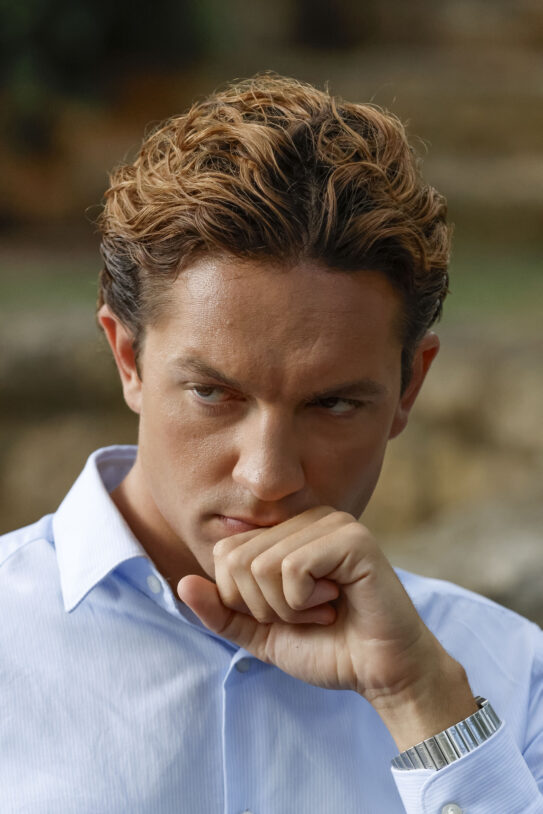
Orfeas is a young man trying to escape his family and his past. How did you connect with this character? Do you have anything in common?
Mihail Tampakakis: I think our biggest common ground is the desire to build a life of our own and become independent from family. I also left home at a young age to find my own path and identity, and that’s exactly what Cihan is trying to do. For him, the biggest conflict comes when he’s forced to leave behind the life he built in Berlin and return to his family home. But that obligation also leads him to love, to Foteini. And that love becomes the one thing in life he can truly hold on to.
What do you think is the biggest struggle within Cihan’s inner world?
Mihail Tampakakis: Cihan’s story is really a search for freedom. He wants to escape his family’s pressure, the weight of the past, and the life that has been forced on him. But no matter how far he runs, he always finds himself in the middle of the same problems. Playing this role, I struggled the most with the violent scenes, because they’re so far from who I am. In those moments, I had to step into the darker side of the character and truly feel that emotion. It became a process of discovery as an actor. Exploring both the darkness and the light we all carry inside, that’s one of the most rewarding parts of this job.
The series is distributed internationally by Inter Medya and has already reached audiences in many countries. How does it feel to be part of such a well-known and successful story?
Mihail Tampakakis: It’s incredibly exciting. Just like a Harry Potter fan waiting for the next film, I feel proud to be part of this project. Of course, taking on a story that has already been so successful comes with a certain responsibility, but it’s also a big motivation. The story has a universal language, despite cultural differences, because at its core, it’s about human experiences. That’s why I believe audiences will easily connect with these characters.






